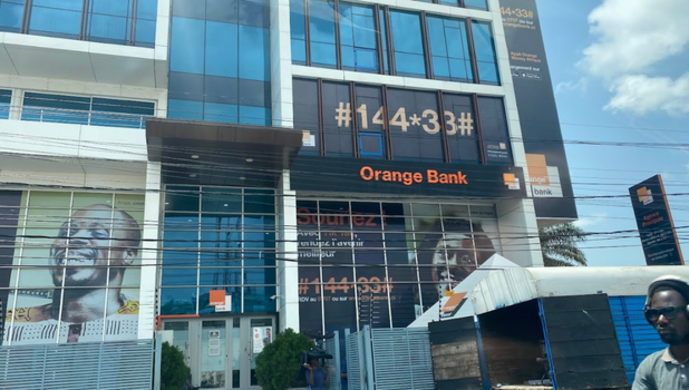Key Ideas
• Spending on online advertising cannot be optimized in the same way as with traditional media.
• For the first time, researchers have developed an optimization model that can be used to rapidly calculate the greatest exposure for an online ad campaign on a given budget.
• Generally speaking, devoting the entire advertising budget to the websites with the most traffic is not the best way to maximize a campaign’s effectiveness.
A deficit of internet-oriented models
“The dotcom bubble of the early 2000s brought companies new means of advertising,” says Kerbache. Nowadays, businesses are devoting increasingly greater shares of their advertising budgets to online campaigns. In 2007, American companies spent $21 billion on online advertising, out of a total advertising budget of approximately $300 billion. Online advertising has been growing an average of 30% a year since 2003 (this figure is nearly the same in the U.S., Europe, and Asia), and there are no signs of its slowing down. Yet companies have no models to help them make decisions about online advertising.
As a result, they usually rely on habit and intuition to develop online media schedules, deciding, for instance, to advertise on the most-visited websites. Research has been conducted on traditional media since the late 1960s, but none of the associated tools show how to optimize spending on online advertising, due in part to the specific ways in which online advertising is sold (i.e., pay “per click” or “per view”).
An innovative model
To respond to this need, Kerbache, Peter J. Danaher, and Janghyuk Lee developed an optimization model that measures online media exposure. It includes new variables and makes it possible to derive optimum online media schedules and thus budget allocation. The originality of the approach lies in its incorporation of the following factors:
• The possibility for advertisers of sharing available space on a webpage;
• The notion of a fixed budget, which makes it possible to measure audience exposure for a predefined amount of money;
• The ability to limit the number of times a person sees the same ad, and to define a maximum number of views per person (ideally between three and ten per Internet user).
Improving preparation of online ad campaigns
The new model makes it possible to rationally select optimal online media and to predict their effectiveness. For comparison’s sake, analyzing ten websites using traditional “complete enumeration” techniques (testing websites one by one to find the biggest audience for a given budget) takes 66 hours of computer calculations and costs $50,000, whereas the new model provides an optimal solution in … 0.4 seconds! Moreover, if advertisers want to explore a range of scenarios (i.e., limiting the number of views per person or changing the budget), they need to conduct as many tests as there are scenarios. “Between 66 hours and 0.4 seconds, the savings in time and increase in flexibility are obvious,” comments Kerbache.
The researchers have also rendered obsolete the common assumption that the best way to go is to advertise on the websites with the most traffic. They explain that the most effective budget allotment varies greatly depending on the advertising scenario. Kerbache also says that diversifying media is not always the answer. The only way to maximize the effectiveness of an online advertising campaign is to use an optimization model such as this one.
Laoucine Kerbache would like to thank the HEC Foundation for its financial support for this research project.









